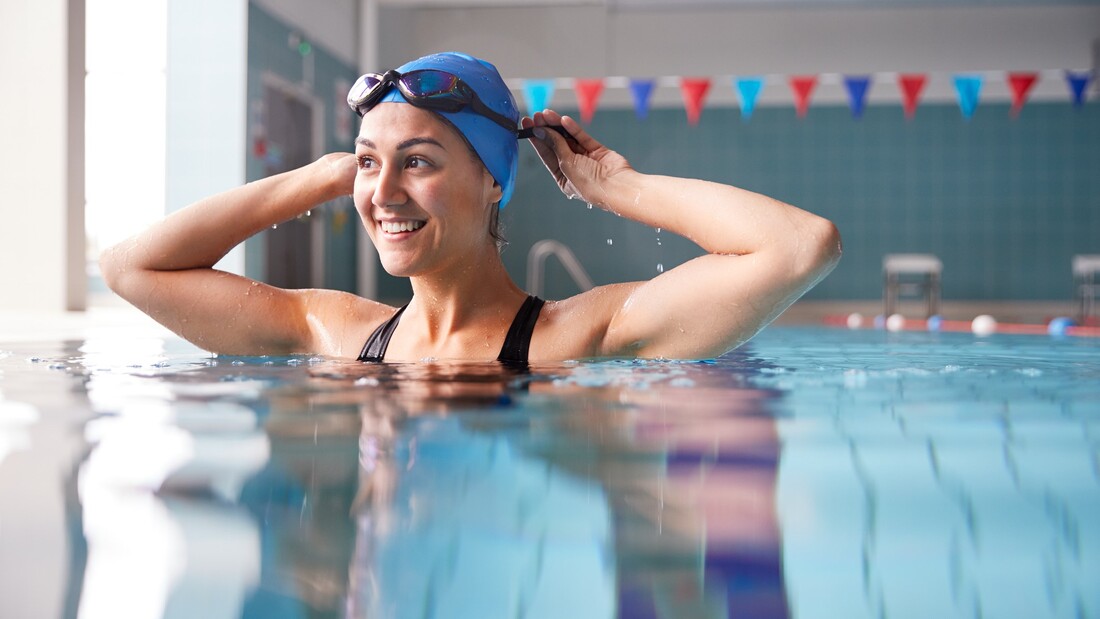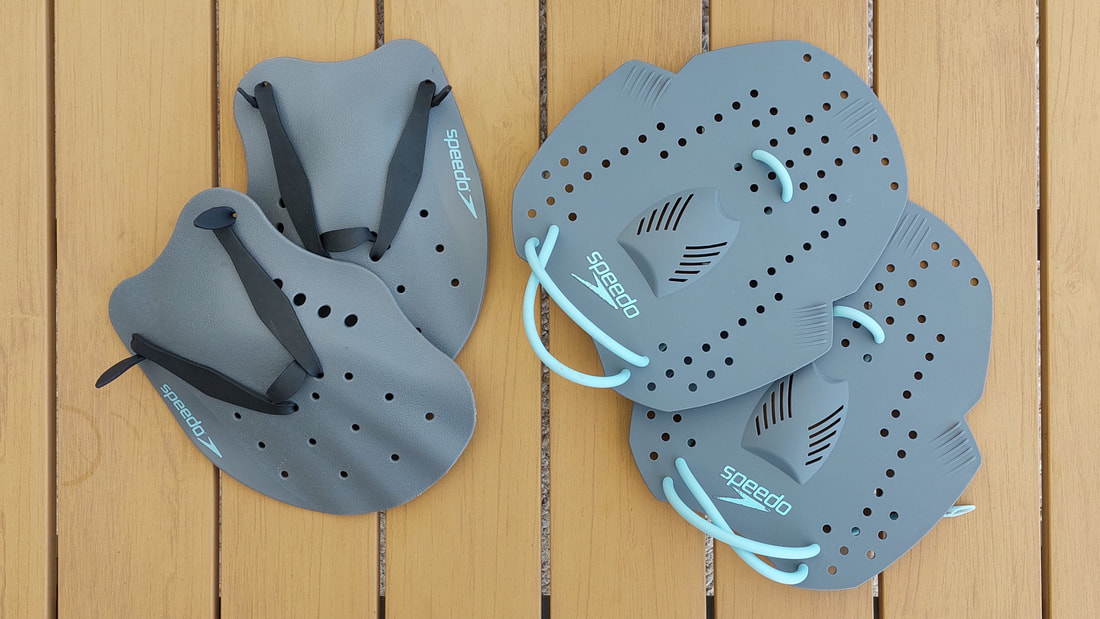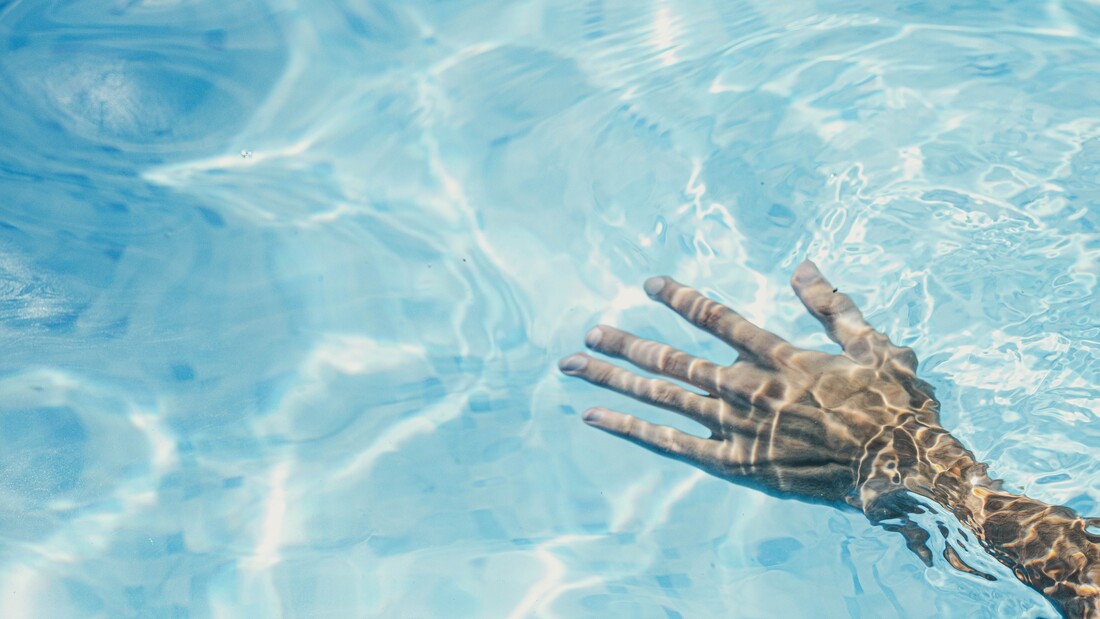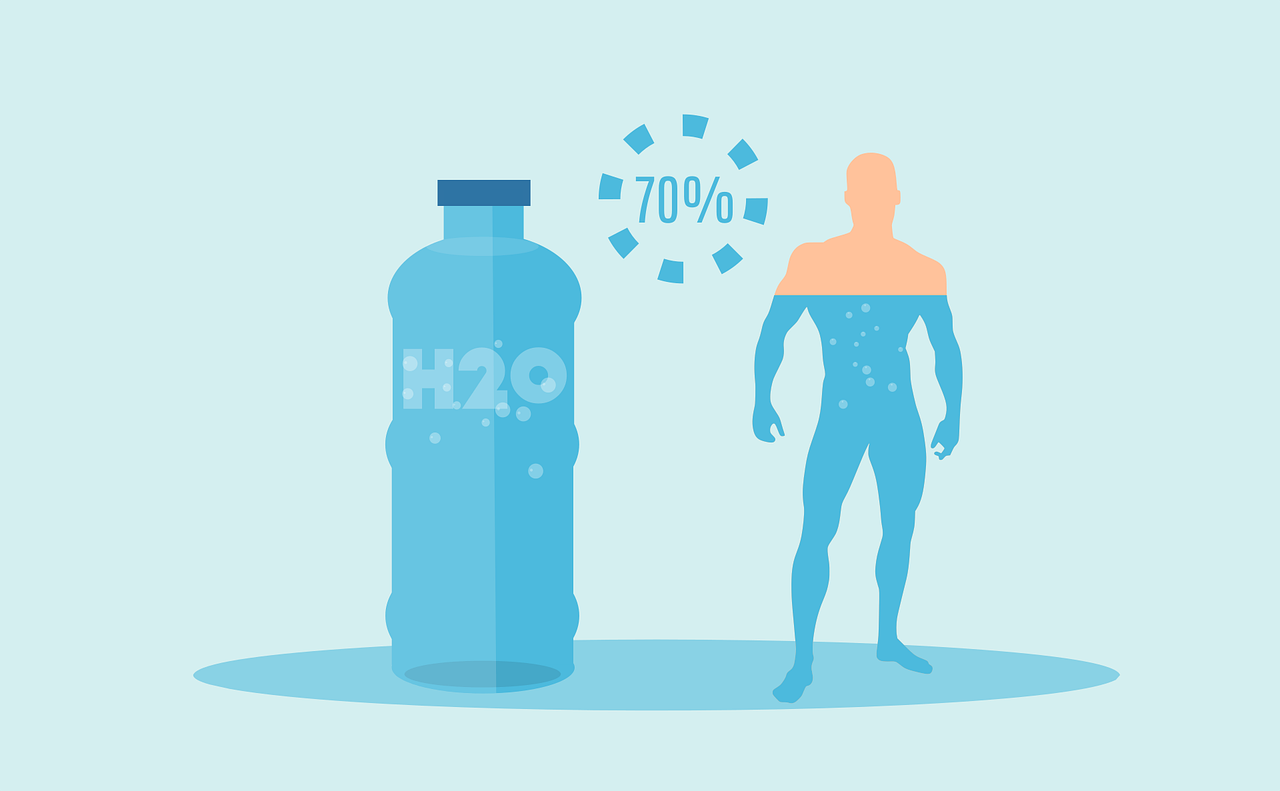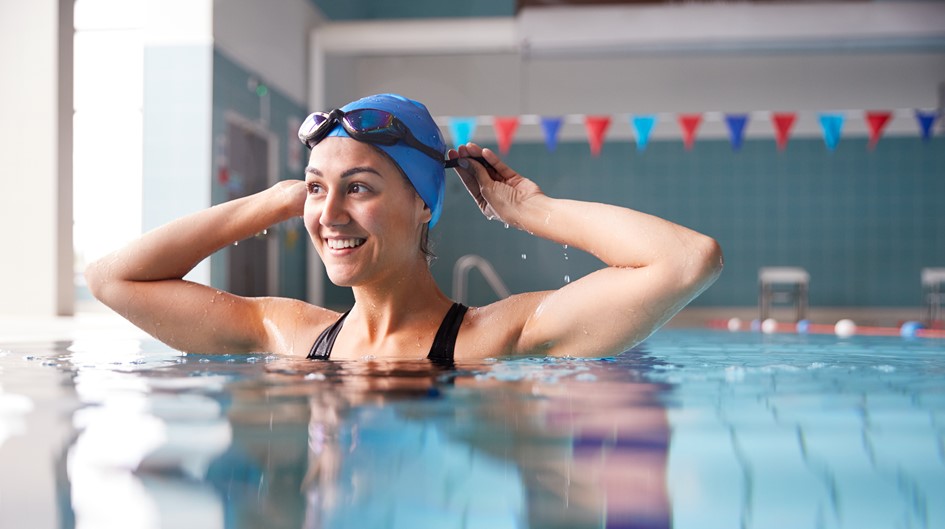|
Learning to swim is not only a valuable life skill but also an enjoyable and beneficial activity for people of all ages. However, there are several obstacles that adults often encounter while embarking on their swimming journey. These obstacles can range from physical and psychological challenges to environmental factors that impede progress. 1. Fear and Anxiety: One of the most significant obstacles in learning to swim is fear and anxiety. Many adults experience a natural apprehension when first entering the water, especially if they have had previous negative experiences as a child or lacked exposure to swimming. Fear of water, also known as aquaphobia, can be a significant barrier to learning, as it triggers a strong emotional response that hinders progress. Strategies to overcome fear and anxiety:
2. Lack of Confidence: A lack of confidence can hinder progress in learning to swim. Individuals and adults who doubt their abilities or have a fear of failure may struggle to overcome obstacles and take risks necessary for skill development. This lack of confidence often stems from self-imposed pressure or comparison to others. Strategies to boost confidence:
3. Water Discomfort and Buoyancy: Water discomfort and understanding buoyancy can be significant obstacles for beginners. The sensation of water on the skin, the resistance it creates, and the unfamiliarity of being buoyant can cause discomfort and unease. Strategies to overcome water discomfort and understand buoyancy:
4. Learning Coordination and Technique: Learning the coordination and technique required for swimming can be challenging, particularly for those new to the sport. Coordinating arm and leg movements, breathing rhythmically, and maintaining proper body alignment require practice and focus. Strategies to improve coordination and technique:
5. Environmental Factors: Environmental factors such as crowded pools, strong currents, or deep water can pose additional challenges for beginners. Even as an adult, navigating these environments while learning to swim can create anxiety and disrupt the learning process. Strategies to overcome environmental challenges:
Learning to swim as an adult can be a transformative and empowering experience, but it is not without obstacles. Overcoming fear and anxiety, building confidence, understanding water discomfort and buoyancy, mastering coordination, and technique, and navigating environmental challenges are essential steps on the path to becoming a proficient swimmer. By embracing patience, persistence, and a positive mindset, individuals can overcome these obstacles, ultimately building confidence, skill, and enjoyment in the water. Remember, the journey to becoming a confident swimmer is as rewarding as the destination itself. Our Strictly Swimming London coaches can tailor your adult swimming lessons to develop relaxation in the water and overcome your fears with practice. Swimming is a highly technical sport that requires precise movements and efficient propulsion through the water. To enhance performance and build strength, swimmers often incorporate various training aids into their workouts. Hand paddles are one such tool that has gained popularity among swimmers of all levels. But how can you effectively incorporate them into your swimming training routine. These specialized paddles, typically made of plastic or fiberglass, are worn on the hands and increase resistance as swimmers pull through the water, thereby providing a challenging workout. Hand paddles come in various shapes and sizes, catering to swimmers of different skill levels and training objectives. The primary purpose of using hand paddles is to improve stroke mechanics. By amplifying the surface area of the hand, paddles encourage a more powerful catch and pull phase during the swim stroke. This increased resistance forces swimmers to engage more muscles, particularly the shoulders, back, and core, leading to improved strength and endurance over time. Additionally, hand paddles promote a heightened awareness of hand positioning and water feel, allowing swimmers to develop a more efficient and streamlined stroke technique. Hand paddles are versatile training aids suitable for swimmers of all levels, from beginners to competitive triathletes. Novice swimmers can benefit from using smaller-sized paddles to develop proper stroke mechanics and build strength gradually. Intermediate and advanced swimmers often utilize larger paddles to further enhance their stroke power and refine their technique. However, it's essential to exercise caution when incorporating hand paddles into training. Overuse or improper usage can lead to strain or injury, particularly in the shoulders and wrists. It is recommended to start with shorter distances and gradually increase intensity and duration as the swimmer adapts to the paddles. At Strictly Swimming London, we encourage our clients and triathletes to purchase some hand paddles, as we can incorporate them into your lessons. Benefits of Hand Paddles
Using Hand Paddles Effectively
In conclusion, hand paddles are a valuable tool in swim training, offering swimmers the opportunity to refine their technique, build strength, and enhance performance in the water. By incorporating hand paddles appropriately and progressively, swimmers can unlock their full potential and make significant strides toward their swimming goals. As always, please feel free to discuss these techniques with your Strictly Swimming London coach during your lessons. Swimming technique plays a crucial role in a swimmer's performance and injury prevention. One aspect that has sparked debate among swimmers and coaches is whether to swim with open fingers or closed fingers. Swimming is a sport that requires precision and technique to excel in the water. Among the various aspects of swimming technique, the debate between open finger swimming and closed finger swimming has long been a topic of discussion. Open finger swimming involves keeping the fingers relaxed and slightly apart during the stroke, while closed finger swimming requires tightly clenching the fingers together. Both techniques have their proponents and claimed benefits, leading to a fascinating debate in the swimming community. Whether you are training for a triathlon or swimming to gain fitness, we can tailor your Strictly Swimming London lesson to develop the best hand position for you. Open Finger Swimming Swimming with open fingers, also known as "relaxed" or "loose" hand technique, involves keeping the fingers slightly apart during the stroke. This technique allows for a more relaxed and natural movement of the hand through the water, reducing fatigue and the risk of injury. One advantage of open finger swimming is the increased range of motion in the hand, wrist, and forearm, leading to greater power and propulsion. Additionally, open fingers can help prevent cramping, a common issue for swimmers using closed fingers. It is worth noting that "open finger swimming" refers to the fingers being slightly apart, not stretched wide apart. Closed Finger Swimming Closed finger swimming, also known as "tight" or "firm" hand technique, involves keeping the fingers tightly clenched during the stroke. This technique is often debated, with some swimmers believing it provides more power and control in the water. Closed fingers create a streamlined hand position, reducing drag and increasing speed and efficiency. The technique can also improve grip for sudden turns or maneuvers. Benefits of Open Finger Swimming
Benefits of Closed Finger Swimming
A study published in the Journal of Sports Science and Medicine compared elite swimmers using both open and closed finger techniques. The study found that closed-finger technique resulted in greater peak force and propulsion, while open-finger technique resulted in less finger muscle activity and more activity in the upper arm and shoulder, potentially reducing fatigue and injury. Another study in the Journal of Applied Biomechanics found that closed-finger technique produced greater peak force but also higher muscle fatigue. The study observed increased muscle activation in the fingers but also in the upper arm and shoulder. A 2020 study in the Journal of Sports Science and Medicine found that open-finger technique resulted in greater power output and stroke rate compared to closed-finger technique. However, closed-finger technique led to greater finger muscle activity, potentially enhancing muscle endurance over time. In conclusion, the choice between open and closed fingers in swimming is highly individual and depends on the swimmer's goals, experience, and physical abilities. Open fingers may be less fatiguing and less prone to injury, while closed fingers may provide more power and control. However, scientific evidence is limited, and swimmers should experiment with both techniques to find what feels most comfortable and effective for them. A combination of a slightly closed finger with a relaxed technique of open fingers may also be an option worth considering. Please feel free to discuss these techniques with your Strictly Swimming London coach during your lessons. There is a common misunderstanding that swimmers don’t need to hydrate as much as land-based sports people as we don’t sweat as much in the water. Sure, studies have shown that we sweat less in the pool, however, this does not mean that we do not dehydrate during swim training. In fact, there are many good reasons why we should maintain hydrating during our workouts, triathlons, and open water swims. You may hear Strictly Swimming coaches consistently harp on the need to hydrate before, during, and after practices. Hydrating is vital to the success of all swimmers. We need water to survive obviously. Every cell in our bodies needs water to function properly. It helps carry nutrients and boosts energy, flushes waste products and is vital to maintain body temperature during swimming workouts or at rest. In fact, during exercise generally, water is much more important as more energy and fuel is being used. Even though you may feel cool in the pool or open water, there is an actual rise in body temperature, hence the reason to keep hydrating during your swimming lesson. The cold temperature of the water does cool the body down and sweating is reduced, however, the body will still dehydrate due to high muscle activity. It is very easy to miss that you are dehydrating when swimming due to the cool water temperature, so it is more important to swimmers to keep an eye on their water intake during a workout. Make sure you have your full water bottle at the end of the pool during practice . Here are some key physiological reasons to maintain hydration:
What to drink when swimming Water is the best drink to quench thirst and replace fluids lost during exercise. Drink water before you start your swimming lesson. Water boasts a huge list of benefits. It’s natural, free, readily available, contains no calories. About sports drinks Some athletes use sports drinks that contain electrolytes and carbohydrates, which have concentrations that allow the body to refuel during exercise. Sports drinks may be useful if your activity is moderate to vigorous in intensity for more than 60 mins, However, sports drinks can be high in sugar, so always check out this out before purchasing. Remember that fruit and vegetables contain a high proportion of water, so a fruit snack (such as oranges) can help your fluid replacement. What not to drink when exercising Some fluids are not recommended when exercising:
How much to drink after exercising To adequately rehydrate after your swimming session, aim to drink one and a half times the fluid you lost while exercising. You will need to drink more fluid than you lost while swimming because you will continue to lose fluid through sweating and urination for some time after you have finished your workout or lesson. Buy some goggles that fit Your swimming goggles should be adjustable but also fit your face width and naturally fit comfortably in or around your eye socket. Remember that your goggles should be fitted pretty tightly to prevent water entering them (this tightness is something you will need to get used to). Your Strictly Swimming London coach can help you with your goggles at the start of your first lesson. Your goggles should be completely fixed on your face (and not move) even during a hard push off the swimming pool wall. Purchase some swimming fins Swim fins offer an array of benefits to the beginner to triathletes to competitive swimmers. Using flippers (fins) helps improve the power of the leg kick to support your stroke when concentrating on technique work in the water. Get the right swimming gear Buy practical gear that fits and not gear that only looks good. Tight fitting swimwear helps reduce drag in the water. The last thing you need is baggy and heavy swimwear that makes it harder to learn to swim as you move through the water. Wear a Swim Cap Wearing an inexpensive swim cap can help protect your hair in heavily chlorinated pools but also helps in keeping medium length and long hair away from your face whilst you try to master breathing techniques. A tight swimming cap will help you move easier through the water if you have long hair. Shaded Goggles for Outdoors If you goal is to do some open water swimming, consider getting some goggles with shaded lenses. They will act like regular sunglasses and protect your eyes from the sun and allow you to follow the direction that you are aiming for. |
AUTHORPaul started competing in swimming from the age of 8 and eventually went on to represent his country all over the world. During his time at University, Paul specialised in Aquatics and the Biomechanics of Swimming and produced numerous theses on swimming performance. TOPICS
All
ARCHIVES
June 2024
|
Let's connect!
Copyright © 2024 Strictly Swimming


